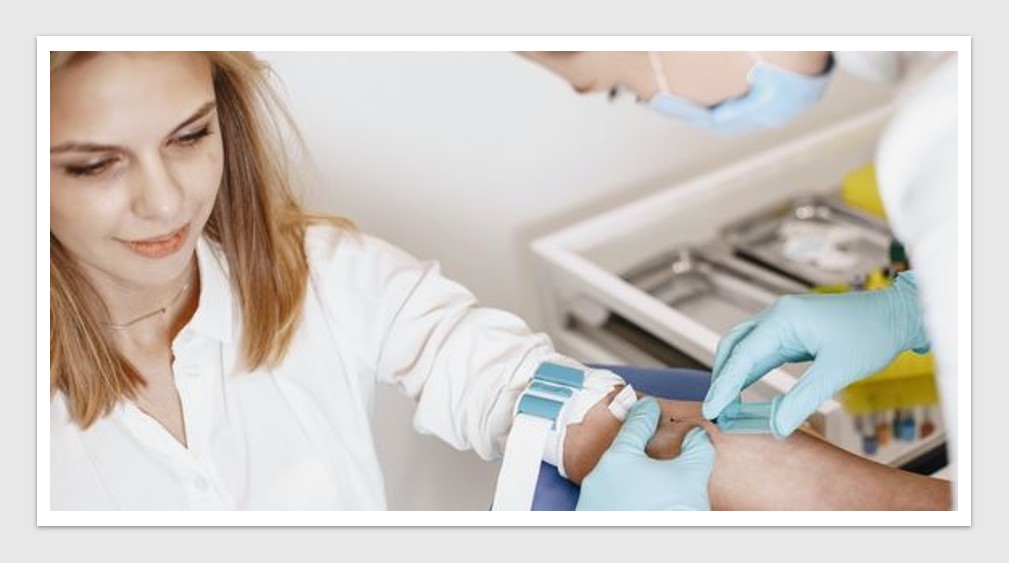Leadership & Management
Is a crisis of trust threatening progress in innovation?

The emergence of innovation has become a catalyst for polarisation, jeopardising progress in medicine, artificial intelligence (AI), and clean energy, according to the 2024 Edelman Trust Barometer*.
The pace of innovation is profound, encompassing breakthroughs in messenger RNA, AI and renewable energy. However, society’s capacity to comprehend and embrace such accelerated changes is under strain, fostering scepticism about science’s alignment with government and a perception that the benefits disproportionately favour the wealthy.
A glaring consensus emerges: innovation is being poorly managed. Lagging government regulation, uncertain impacts, lack of transparency, and an assumption that science is infallible define this mismanagement.
Edelman CEO Richard Edelman emphasised, “Innovation should be a growth enabler, but it will be stymied if businesses don’t prioritise acceptance as much as research and development.”
According to the Trust Barometer, more than two-thirds of respondents believe society is changing too quickly (69%), and in ways not reflective of their values (67%). The widening gap between classes, the stark imbalance in trust between business and government, and the infodemic have fuelled a decline in trust and increased polarisation. Fear of innovation has now become a potent force feeding the flames of populism.
Australia, ranking second after the US in the perception of innovation mismanagement, sees a majority expressing concerns about the politicisation of science and doubts about the government’s competence to regulate emerging innovations.
The report indicates a global concern about excessive influence wielded by elites, with 82% of those critical of innovation management perceiving a bias in favour of the wealthy.
During the Covid-19 pandemic, reliance on friends and family for advice on vaccine efficacy heightened the politicization of science. This trend is now accelerating, with Australia witnessing a substantial 23-point gap between the Right-Left on the rejection of innovations.
The responsibility to reverse this trend falls largely on businesses and employers, ranked as the most trusted institution globally. However, the report cautions that business’ trusted status is not guaranteed and must be actively managed to avoid erosion similar to that experienced by government trust.
The report also finds huge gaps between trust in industry sectors and industry innovations. In healthcare, there is higher trust in healthcare employers/businesses and lower trust in innovations such as gene-based medicines and mRNA vaccines.
47% of Australian respondents want the science to be made more transparent and accessible (vs 45% global score). Over 70% of the respondents believe scientists and experts should have “a big role in managing the introduction of innovation in our country”.
Today’s most significant innovation is AI, a technology that has already sparked heated debates among experts. However, similar to past innovations, AI encounters the common hurdle of gaining public confidence. Initial findings are concerning, as revealed by the Trust Barometer, indicating that 43% of respondents would reject AI, steering clear of products and services utilising it if they perceive poor management.
Building trust in AI is crucial, and this challenge extends beyond the technology itself. Respondents expect CEOs not only to navigate changes within their businesses but also to address broader societal issues. Employees value public communication from CEOs on topics such as future job skills, ethical use of technology, and the impact of automation on employment.
In the current landscape, businesses find themselves entangled in societal matters like geopolitics, diversity and inclusion, and the climate emergency. This involvement stems from the perceived paralysis and division of governments. In 2024, it is imperative for every business to adopt responsible innovation, aligning with public understanding and support.
The four crucial steps outlined for the proper acceptance of innovation are: inclusivity, consideration of impacts, demonstration of benefits, and measured adoption. These steps, the report argues, will pave the way for growth grounded in a belief in a functioning and fair society.
![]() In reimagining healthcare across the entire patient journey, Health Industry HubTM is the only one-stop-hub uniting the diversity of the Pharma, MedTech, Diagnostics & Biotech sectors to inspire meaningful change.
In reimagining healthcare across the entire patient journey, Health Industry HubTM is the only one-stop-hub uniting the diversity of the Pharma, MedTech, Diagnostics & Biotech sectors to inspire meaningful change.
The Health Industry HubTM content is copyright protected. Access is available under individual user licenses. Please click here to subscribe and visit T&Cs here.
*The 2024 Trust Barometer, conducted in November, featured 28 countries, over 32,000 respondents, and 1,150 surveyed individuals per country, providing a comprehensive snapshot of global sentiments towards innovation and trust.
News & Trends - MedTech & Diagnostics

Landmark study exposes stark differences in ICD battery life and patient risk
A new independent study examining over 35,000 implantable cardioverter-defibrillators (ICDs) has uncovered significant differences in battery longevity across several medtech […]
MoreNews & Trends - Pharmaceuticals

Industry roundtable to shape Australia’s genomics policy
An invitation-only roundtable of key industry leaders and representatives from both federal and state governments is convening today to shape […]
MoreNews & Trends - MedTech & Diagnostics

Pathology indexation reboot leaves essential services behind
After nearly three decades of stagnation, the federal government has reinstated annual indexation for selected Medicare Benefits Schedule (MBS) pathology […]
MoreDigital & Innovation

Navigating telehealth’s crowded rulebook: New consortium adds its voice to the mix
A newly formed Consortium of telehealth providers and private health insurers has come together to develop national standards for the […]
More